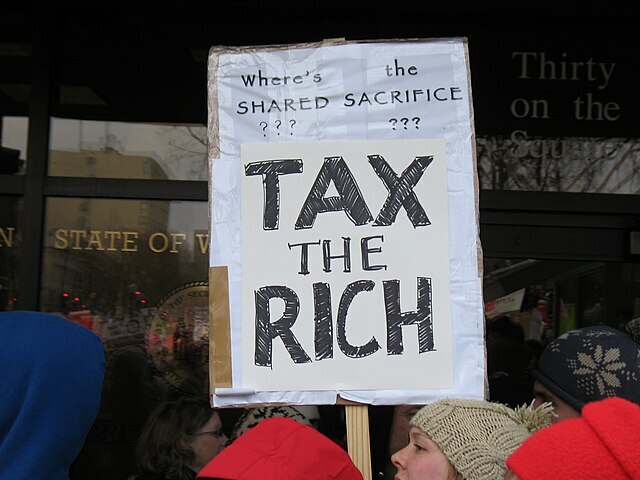Gov. Roy Cooper’s proposed budget for fiscal year 2018-19 [1] would spend $1.5 billion more than the current year, raise taxes, divert millions in other funds, increase dependence on potentially unreliable federal sources, take on billions in new debt, and leave a $730+ million hole in the budget each of the next two years with no anticipated reserves to help. The only thing that saves it from being a completely irresponsible document is the fact that it is all but completely irrelevant.
Based on reasonable estimates of inflation and other factors, the budget would leave a $460 million hole each year for the next biennium. Every dollar available in the General Fund this year would be spent, which removes one possible buffer that could fill the gap. Past General Assemblies would take funds from existing reserve accounts, and former governors increased the sales tax rate. Gov. Mike Easley used a series of temporary half-cent increases to raise nearly $500 million per year between 2001 and 2007, and Gov. Bev Perdue used a full-cent increase to raise $1 billion a year until the legislature let it expire over her veto in 2011. [2] Gov. Cooper’s office has not indicated how it would fill the gap.
In 2017, Gov. Cooper said state government would spend no more per person, adjusted for inflation, in the 2018-19 than it did in 2016-17. This proposal would increase spending almost as much in one year (6.5 percent) as the legislature will have done in two years (6.7 percent).
The biggest headline has been the 1.7 percent increase in teacher pay from current law, which already includes a 6.2 percent bump to average pay, according to the Department of Public Instruction. Other state employees and retirees would also see larger monthly checks under Gov. Cooper’s proposal.
Taxes would increase $164 million with repeal tax cuts set to take effect in January 2019 and conformity with aspects of federal tax reform. The budget would reduce the unemployment tax rate and divert $60 million a year from the now-stable unemployment fund to new degree-completion and job-training programs. One-fourth of deed stamp revenue would be earmarked for farmland, water, state parks, and housing trust funds.
Despite the tax increases, most of the money for new appropriations would come from higher revenue estimates and $1.1 billion in unspent money from the past two years. Half of that money goes to reserves, but $524 million gets spent in the General Fund. Hospitals and other health care providers would pay $1.4 billion in assessments to expand Medicaid to 670,000 more working adults. Medicaid itself would cover $538 million in new program expenses. In April, the left-of-center North Carolina Budget and Tax Center warned that state policymakers should “ensure that the reliance on federal funding would not result in the need to curtail the scope of services should funds be cut at the federal level,”[3] but Gov. Cooper’s budget would increase reliance on federal funds, leaving services more fiscally fragile.
Compounding the fragility, Gov. Cooper would add $2 billion in General Fund debt for school construction, $3 billion in highway debt, and $100 million in other debt that does not need taxpayer approval.
Note: This has been revised to account for changes in the calculation of forecast diversions to savings reserve.
[1] 2018-19 Budget Book
[2] 2017 budget spotlight
[3] Alexandra Forter Sirota, “Love NC? Fund NC,” North Carolina Budget and Tax Center, April 2018.


